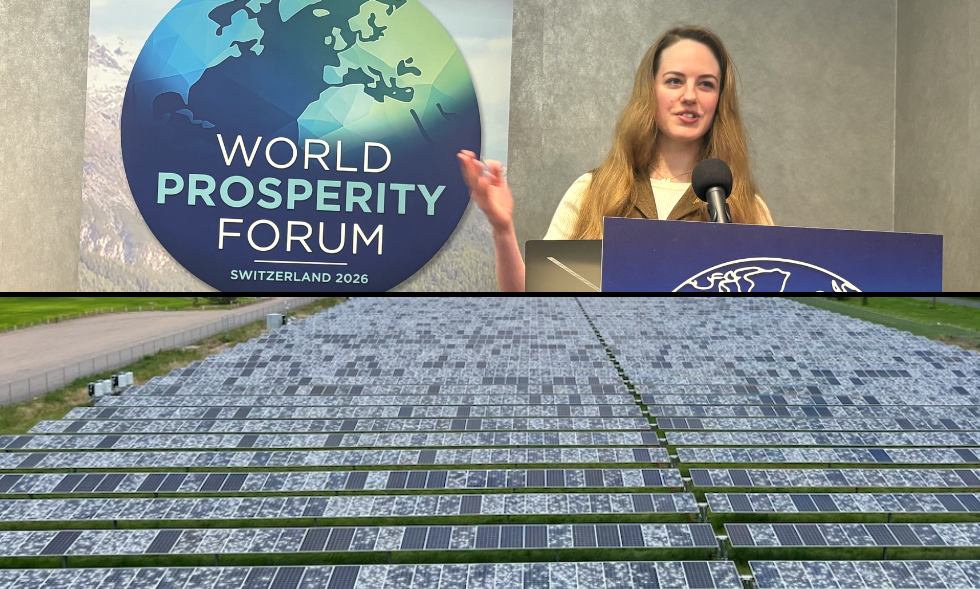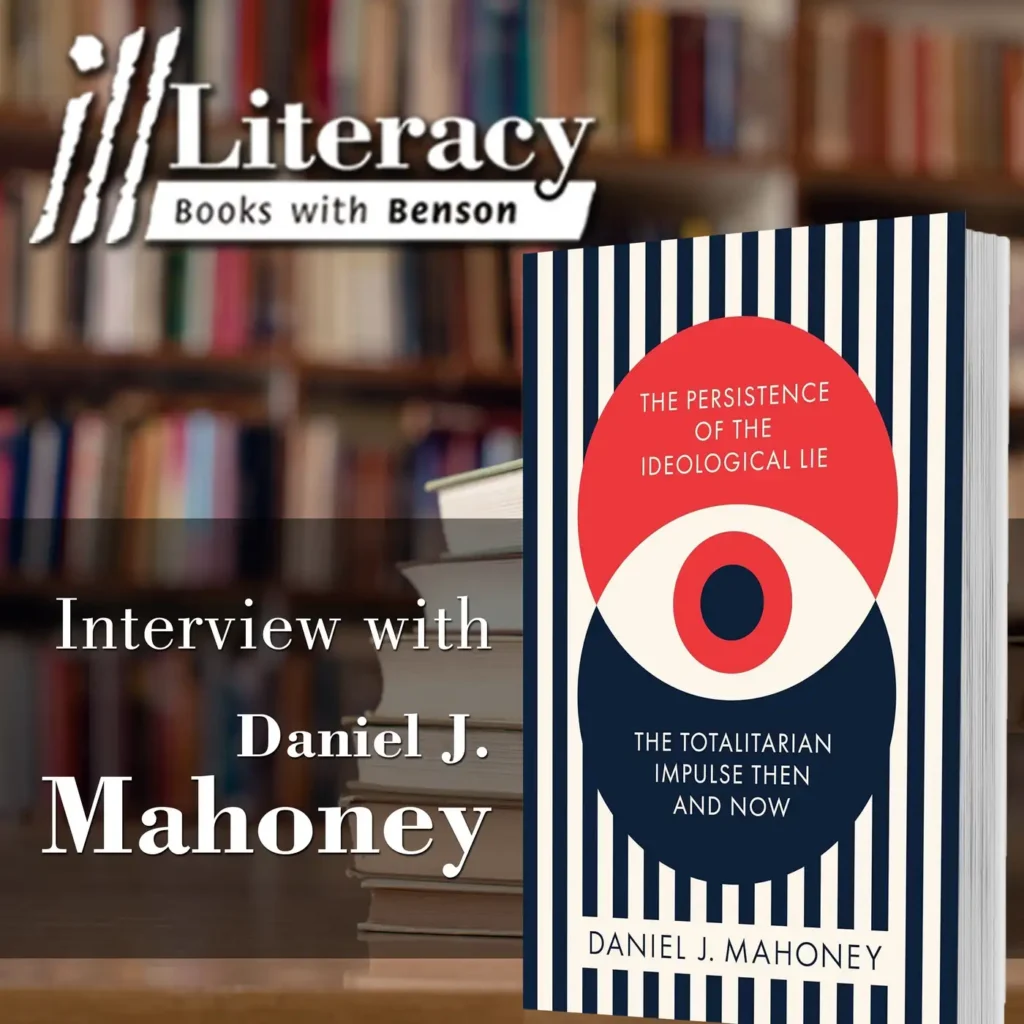Some Washington, DC children are being denied participation in the Opportunity Scholarship Program, which gives students from low-income families scholarships to attend private schools, despite a law giving preference to these students with siblings in the program.
The Scholarships for Opportunity and Results Act, which reauthorized the program in 2011, says students with a sibling already in the program are to be given priority.
But that preference is denied for some families.
Penalizing Parents
Tiffany Jones, a fifth grader at St. Thomas More Catholic Academy, was denied participation in the program even though her sister, Sabriah, a seventh-grader at the academy, has received a scholarship for two years. The scholarship pays for Sabriah’s tuition, books, uniform, and saxophone lessons.
The children’s father, Gary Jones, a site leader at the finance company Duff & Phelps, said he was told Tiffany would have to wait at least four years for test results from a study group before she was eligible.
“With this program, it’s a good program, don’t get me wrong, because it allowed us to put our children in better schools,” Jones said. “But to me it’s penalizing parents who have multiple students in the school.”
Jones took a second job as a part-time cashier at the downtown DC Marshall’s store to pay the $4,090 for Tiffany’s tuition and her clarinet lessons at the academy. But despite receiving a $1,000 scholarship from the Catholic Archdiocese of Washington and moving his family to a smaller, two-bedroom apartment, Jones is behind on his payments to the school.
“Even with two jobs, my wife is still not working, so I have to take care of the bills and everything else,” he said.
Because he works evenings three to four times a week, Jones isn’t able to spend as much time with his children or help them with their homework.
“I don’t get that time like I used to because a lot of nights when I come in they’re asleep, and then I see them in the morning when we head out for school and work,” he said.
Graduation Rate: 93 percent
The scholarship program was established in 2004 to provide opportunities for students from low-income families to attend participating private schools. The fund provides scholarships of up to $12,572 for high school and $8,381 for elementary and middle school. Approximately 1,500 students were enrolled in 46 schools in 2013.
The program has a 93 percent graduation rate, compared to 58 percent of DC public school students having graduated on time in 2012.
The SOAR Act established control groups of students to track the progress of the program, but those study groups are no longer necessary, argues Kevin P. Chavous, executive counsel to the American Federation for Children and former member of the DC City Council.
“I think that the accountability and the evidence that the program works is clear,” he said. “Unfortunately, because of the politics of education, kids’ priorities are placed in the backseat, and we see that not just in DC but all over the country.”
More than 14,700 DC children have applied to the program since it was established in 2004-05. Since then, more than 5,900 students have been awarded scholarships. Of the students who received scholarships, 64 percent of their families are receiving SNAP and/or TANF benefits for the 2014-15 school year. The average annual household income for 2012 for students in the program was $21,086.
The program began in 2004 and was a part of a citywide effort to improve all of DC’s educational sectors, including traditional public, public charter, and non-public schools, in order to expand quality educational opportunities. It is the first federally funded program of its kind, according to dcscholarships.org. The program was the product of a bipartisan effort involving former DC Mayor Anthony Williams, DC City Council members, school leaders, the White House, the U.S. Congress, and the U.S. Department of Education.
The Scholarship Opportunity Program office didn’t return a call for comment.
Moriah Costa ([email protected]) is a reporter for Watchdog.org, where an earlier version of this article appeared. Reprinted with permission.



